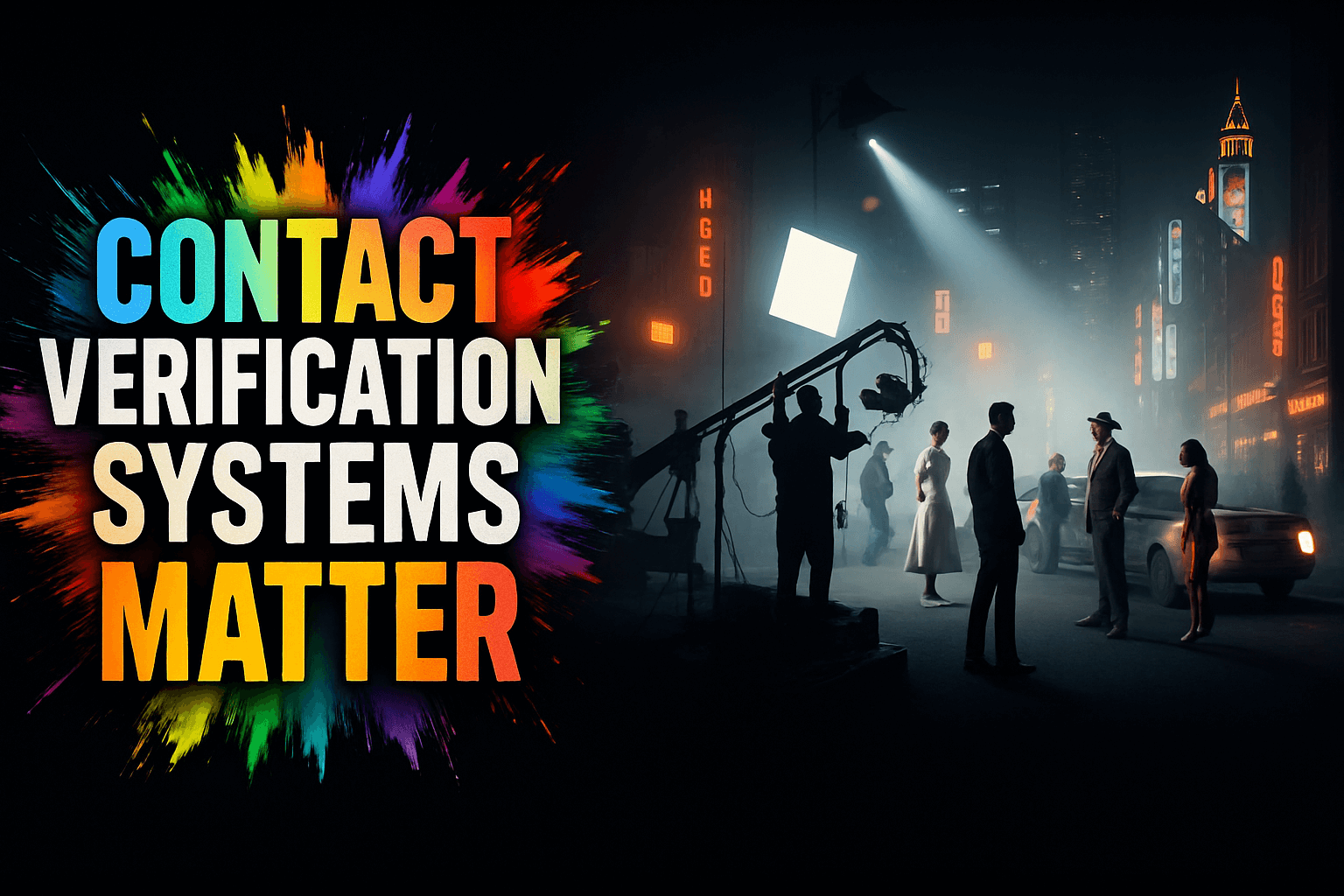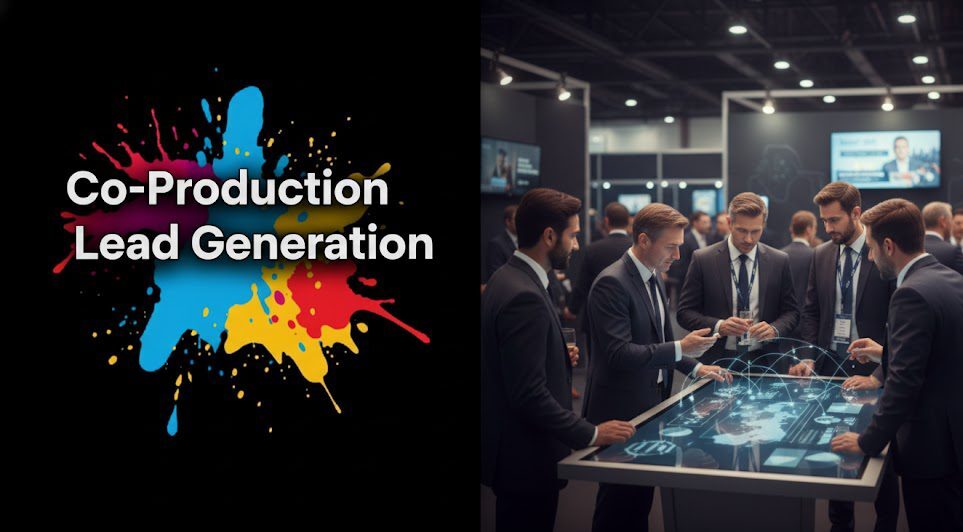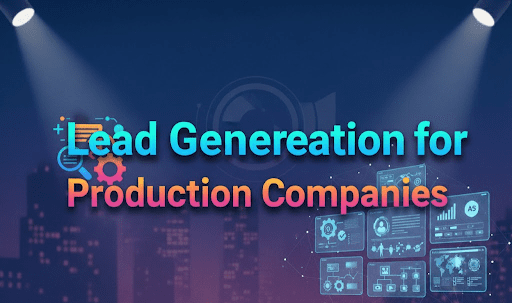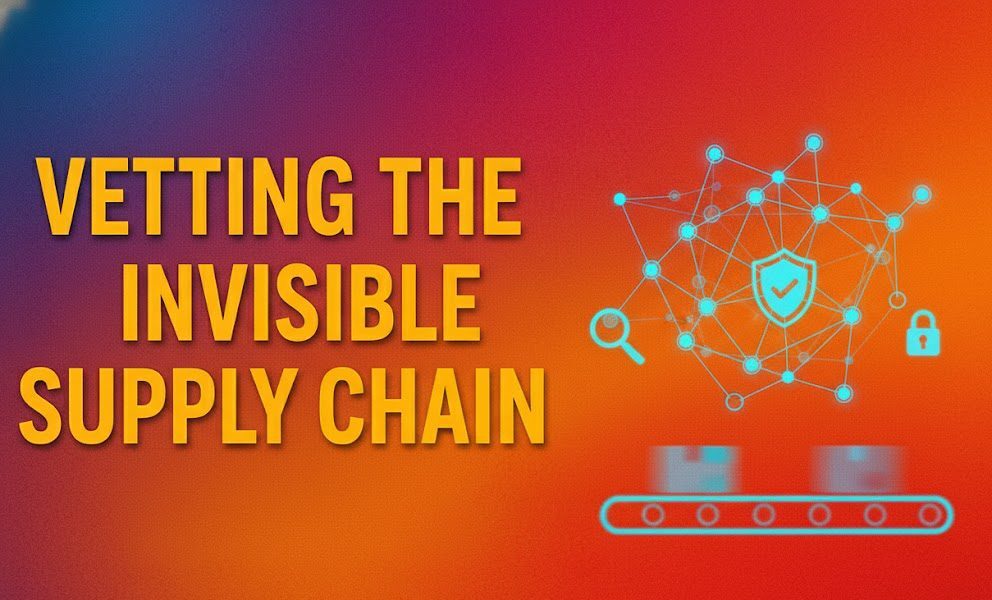Introduction
In an increasingly globalized market, the demand for accurate, efficient, and culturally nuanced localization has skyrocketed. Certifications have become a cornerstone for localization vendors to showcase their commitment to quality, data security, and industry standards. They not only ensure that vendors meet client expectations but also position them as trustworthy partners in a competitive landscape. This article explores the certifications every localization vendor should pursue to deliver exceptional services and gain a competitive edge.
Key Takeaways
| Aspect | Insight |
| Key Certifications | ISO 17100, ISO 9001, and ATA Certification are essential. |
| Buyer Impact | Certifications build trust and ensure compliance. |
| Industry-Specific Benefits | Tailored certifications enhance niche service delivery. |
| Regional Relevance | Certifications differ by market, e.g., GDPR compliance in Europe. |
Streamline Your Localization with Experts
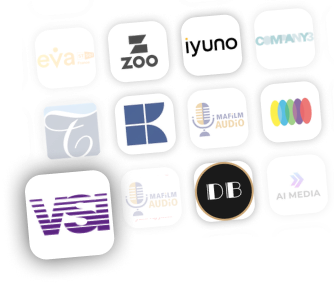
Key Certifications for Localization Vendors
General Standards
ISO 17100: Translation Quality Standard
ISO 17100 is the global standard for translation services, covering core processes like project management, translator qualifications, and quality assurance. Vendors adhering to this certification demonstrate their commitment to delivering consistent, high-quality translations.
ISO 9001: Quality Management
This certification focuses on establishing a robust quality management system. It ensures vendors meet customer and regulatory requirements, fostering reliable and consistent service delivery.
ISO 27001: Data Security
With increasing concerns over data breaches, ISO 27001 addresses information security management. For localization vendors, this certification is essential for handling sensitive client data securely.
Industry-Specific Certifications
ATA Certification
Awarded by the American Translators Association, this certification is a gold standard for professional translators and localization specialists. It assures clients of linguistic and technical expertise.
EN 15038 Certification
The predecessor to ISO 17100, EN 15038 remains relevant for vendors transitioning to the updated standard. It emphasizes quality assurance in translation workflows.
Need Reliable Localization Vendors?

Data Security Certifications
GDPR Compliance
For vendors operating in Europe, certifications supporting GDPR compliance are critical to ensuring data privacy and security.
ISO 27701: Privacy Information Management
This extension of ISO 27001 adds specific privacy controls, making it a valuable asset for vendors handling personal data in multilingual projects.
Buyer Considerations
Vendor Evaluation
Certifications serve as an objective benchmark for evaluating localization vendors. Clients should look for certifications like ISO 17100 or ISO 27001 to ensure quality and security standards are met consistently.
Impact on Quality
Certifications reduce errors and streamline workflows, providing a structured approach to project execution. By choosing certified vendors, clients gain access to tested methodologies and transparent processes, building trust in long-term collaborations.
Secure Localization Services with Certified Experts

Industry Relevance and Benefits
Benefits of Certification
- Enhanced Trust: Certifications signal reliability and professionalism to clients.
- Competitive Advantage: Certified vendors are better positioned to win contracts, especially in regulated industries.
- Operational Efficiency: Standards like ISO 9001 help vendors optimize workflows, ensuring consistent project delivery.
Standards for Special Markets
Certifications tailored to specific industries, such as VFX or subtitling for entertainment, provide vendors with niche expertise, helping them cater to specialized client needs effectively.
Global and Regional Certification Standards
Europe: GDPR and Localization Standards
In Europe, certifications ensuring GDPR compliance are vital for handling user data securely. ISO 17100 and ISO 27001 also play a pivotal role in meeting regional requirements.
U.S.: Quality and Compliance
The U.S. market prioritizes ISO 9001 and ATA Certification. Localization vendors need these credentials to meet regulatory and client-specific demands.
Asia: Emerging Market Standards
Asia’s localization vendors are increasingly adopting international standards like ISO 17100 to tap into global markets, especially in gaming and media localization.
Key-Takeaways
Certifications are the foundation of trust and quality in the localization industry. For vendors, they signify professionalism, efficiency, and readiness to meet global standards. For buyers, they offer assurance of seamless and secure project execution. As the localization landscape evolves, prioritizing certified vendors ensures projects are handled with expertise and precision.
Frequently Asked Questions
ISO 17100 ensures the quality of translation services by outlining project management and translator qualifications. It’s a must-have for maintaining industry-standard practices.
ISO 27001 provides a framework for managing sensitive information, reducing the risk of data breaches and ensuring compliance with international security norms.
While certifications indicate adherence to standards, a vendor’s expertise and client reviews should also factor into the decision-making process.
Certifications for subtitling (e.g., Netflix Partner Program standards) and quality management in media production are tailored for the entertainment industry.
Buyers can request documentation or check accreditation bodies for official records to verify the validity of a vendor’s certifications.
























